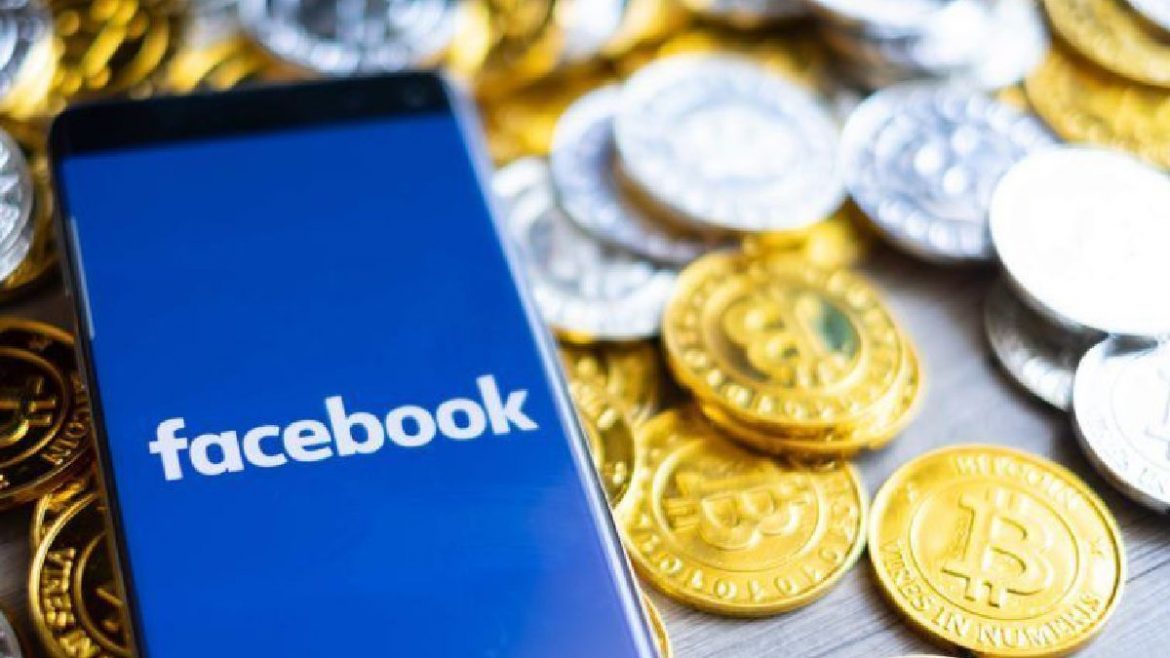After Facebook’s announcement of its Libra coin and its Calibra wallet, there has been a massive stir in the US Congress and among top central banks. Libra is Facebook’s new digital currency that gives users a chance to exchange money with peers at zero cost (supposedly). It can be spent using wallet applications like their also recently announced Calibra wallet or the ones incorporated in Whatsapp or Messenger. Over 28 monetary and non monetary businesses including PayPal, eBay, Uber and Spotify have joined the Libra Association in Switzerland and instilled trust in the framework for freeing transactions from controllers and clients.
Libra promises to bring a paradigm shift
While it’s easy to access free internet in cafes and get a free ride around town through discounts and vouchers on cab hailing apps, it isn’t the same with monetary transactions. In any case, with regards to sparing, sending and burning through cash, we encounter transaction fees.
This is where Libra coin steps in and focuses on the unbanked population with no access to financial and banking services. Facebook has planned the seamless incorporation of identity management services in the Calibra wallet while also assuring that user’s personal information is safe.
Unlike Bitcoin, Libra’s worth is attached to an officially sanctioned means of exchange like the USD — explicitly to “a market-esteem crate of a few confided in monetary standards,” says Wired. That is one of a few different ways that Libra will attempt to maintain a strategic distance from the abnormal, shifty, betting vibe of Bitcoin and other digital currencies. This isn’t a coin that you purchase since you figure it will grow multiple times as profitable. Libra could change lives in remote locations, war zones, for migrants and refugees and its reach is estimated to be over 2.3 Billion across the globe. That is unlike any other fiat currency or medium of exchange across the globe.
There are a few details about Libra that set it apart from other cryptocurrencies.
Libra is not similar to any other cryptocurrency
It is not an anonymous currency and transactions can be viewed/reviewed/stopped on request from a government agency. There is the possibility that user data be used to compute a credit score, should Libra decides to start lending. Facebook and its investors may lend at rates lower than most commercial banks. This may lead to Facebook assuming the role of a central bank and the impending fear that it will replace fiat looms above us all. While Libra does not offer privacy, it would leave room for users to explore other cryptocurrencies for anonymity and privacy.
While Libra is not being issued as an alternative to Fiat currencies, its wide adoption may pave way for it to substitute the mainstream usage of the USD and other fiat. The important fact that it is backed by fiat however ensures that the purpose of issuing Libra is not to challenge or overthrow fiat currencies, though it may shift power from Central Banks to Private Companies like Facebook and its investors.
